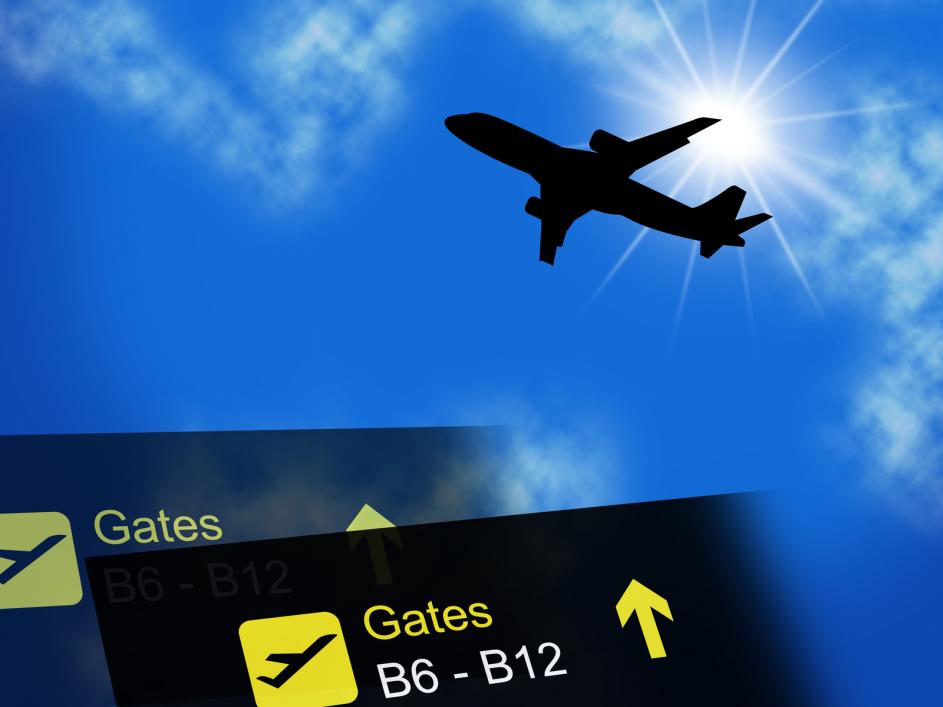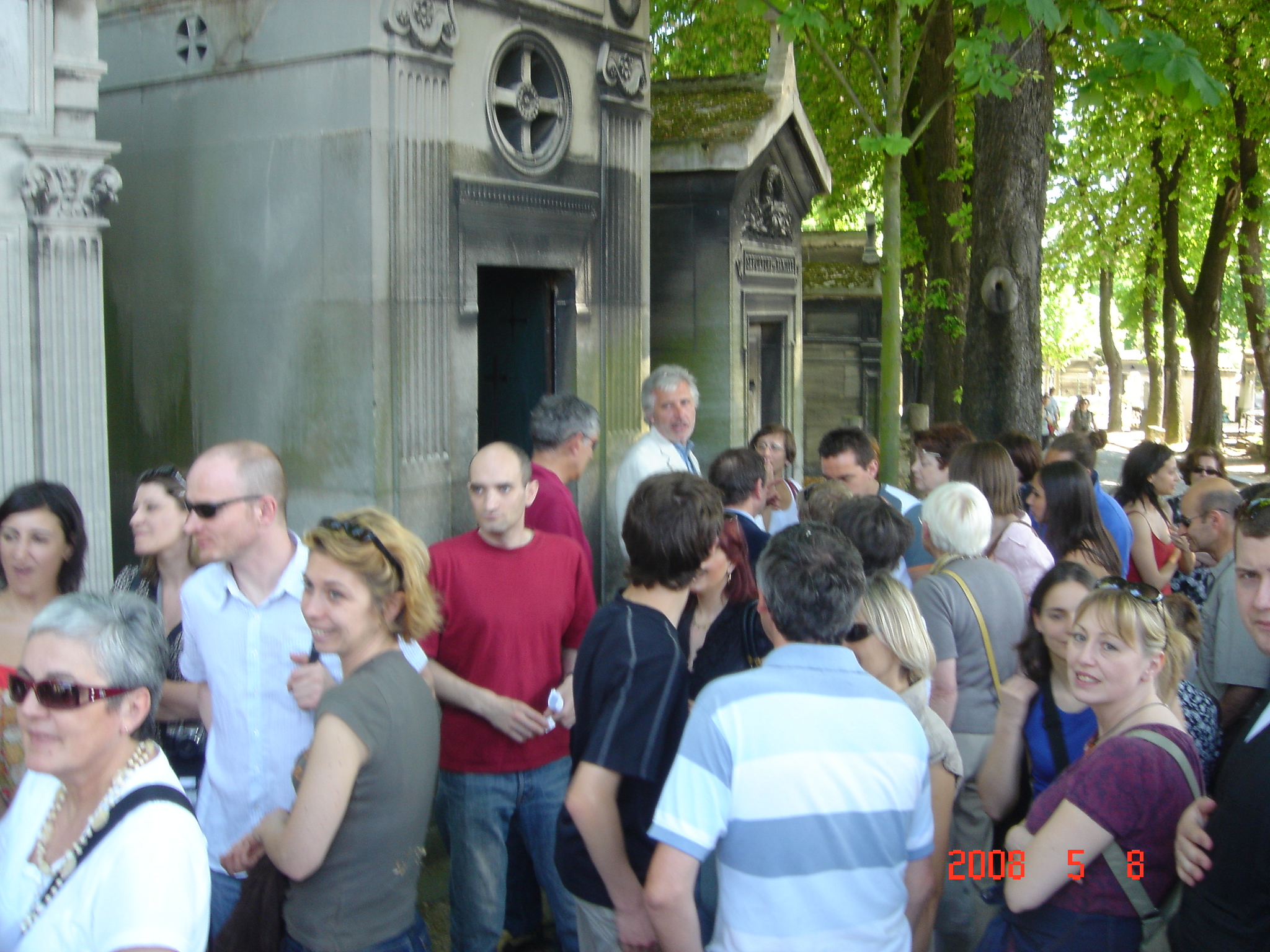Traveling Abroad - “Everybody speaks English anyway”- Really?
 Many Americans and for that matter many natives of other English speaking countries (Ireland, UK, Australia, New Zealand, etc.) often feel that the effort of learning another language is just not worth it: “Everybody speaks English anyway” is a not uncommon excuse.
Many Americans and for that matter many natives of other English speaking countries (Ireland, UK, Australia, New Zealand, etc.) often feel that the effort of learning another language is just not worth it: “Everybody speaks English anyway” is a not uncommon excuse.
How about you, when you travel abroad?
Essential Vocabulary
The fallacy of this notion becomes evident as soon as your travels take you off the beaten path. Knowing at least a few basic words becomes a matter of necessity when you’re looking for the bathroom or a street or place to stay.
Admittedly, traveling with a guided tour group as part of an all inclusive package greatly reduces such necessity. But the inability to communicate in the local language may also limit your travel experiences.
Several years ago, we traveled to China as part of a professional delegation. We had prepared ourselves diligently with audio courses (though for obvious reasons, learning to read and write Chinese was way beyond our efforts to prepare for the trip).
Our audio lessons had included Chinese numbers, and thus we were able to “negotiate” in Mandarin during our visits to various markets. We also found other basic vocabulary very handy, when asking for directions, requesting a restaurant bill, or asking how much something costs.
A snake in a bottle on the Li River
 Later on during a boat cruise down the Li River (see photo left) we encountered a travel group from Rome.
Later on during a boat cruise down the Li River (see photo left) we encountered a travel group from Rome.
After we had quickly determined that our Italian was much better than their English, we had a long and very enjoyable Italian conversation with two of the couples.
We told them about our recent stay in Rome, they told us about a trip they took to New York and plans to visit the Grand Canyon sometime in the future. Having the vocabulary to talk about travels was a huge asset.
 We were all deliberating whether to dare a drink from an ominous looking bottle (see photo) with a dead snake in it, but for good reasons we finally decided against it.
We were all deliberating whether to dare a drink from an ominous looking bottle (see photo) with a dead snake in it, but for good reasons we finally decided against it.
Which illustrates another point: When traveling you may meet people who will also speak your second (or third) language. And for many people who travel, the ability to communicate in a language other than their own will create memories that last.
“Assassins et Assassinés”
Our recent trip to England just reminded me again how much more you can get out of traveling when you understand (and ideally also speak) the local language.
While sitting in a pub or joining a walking tour through a city, you pick up tidbits of information that would elude you otherwise. Obviously, it was easy for us in London where we learned much on David Tucker’s (the co-owner of “London Walks” and author of “London Stories”) “Shakespeare’s and Dickens’s London Walk.”
 However, several years ago we joined a French tour at the Père Lachaise cemetery (see photo left) in Paris. Our guide was the well-known “Nécrosophe” Bertrand Beyern and we visited the graves of “Assassins et Assassinés” (Assassins and Assassinated ones).
However, several years ago we joined a French tour at the Père Lachaise cemetery (see photo left) in Paris. Our guide was the well-known “Nécrosophe” Bertrand Beyern and we visited the graves of “Assassins et Assassinés” (Assassins and Assassinated ones).
Not only was the walk fascinating and funny, but we learned a lot about Paris history and events at the same time. Not to mention that Bertrand’s stories nicely stretched our French vocabulary. Both the London and Paris walks made us realize how differently humor is expressed in each language.
Which brings me to the conclusion: Not everybody speaks English, and the most memorable events of a trip often don't happen in English, they happen in a foreign language!
